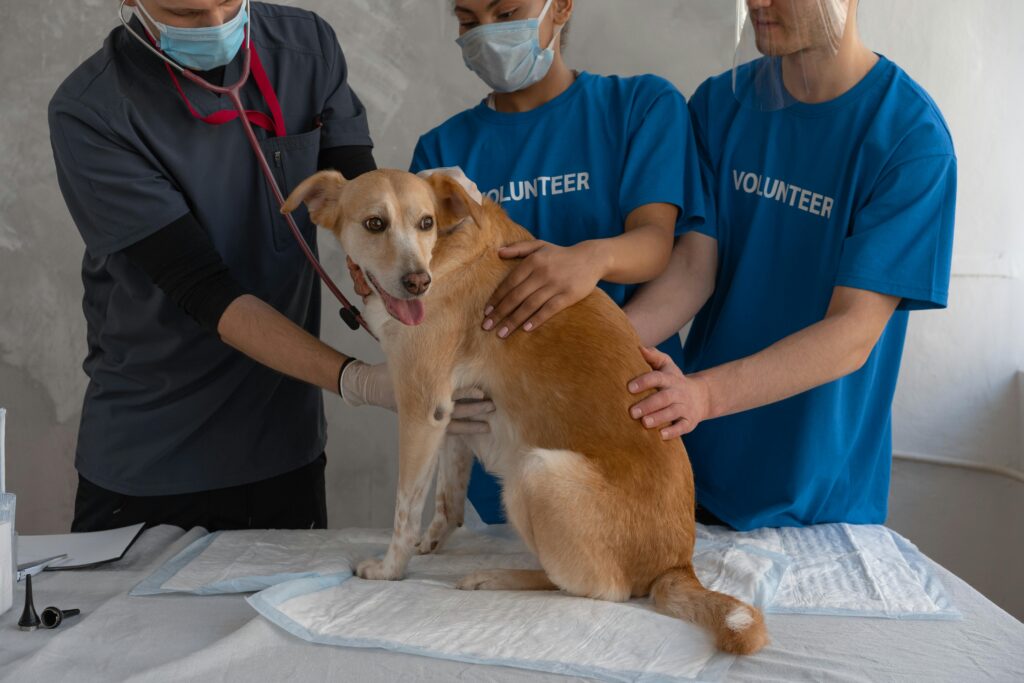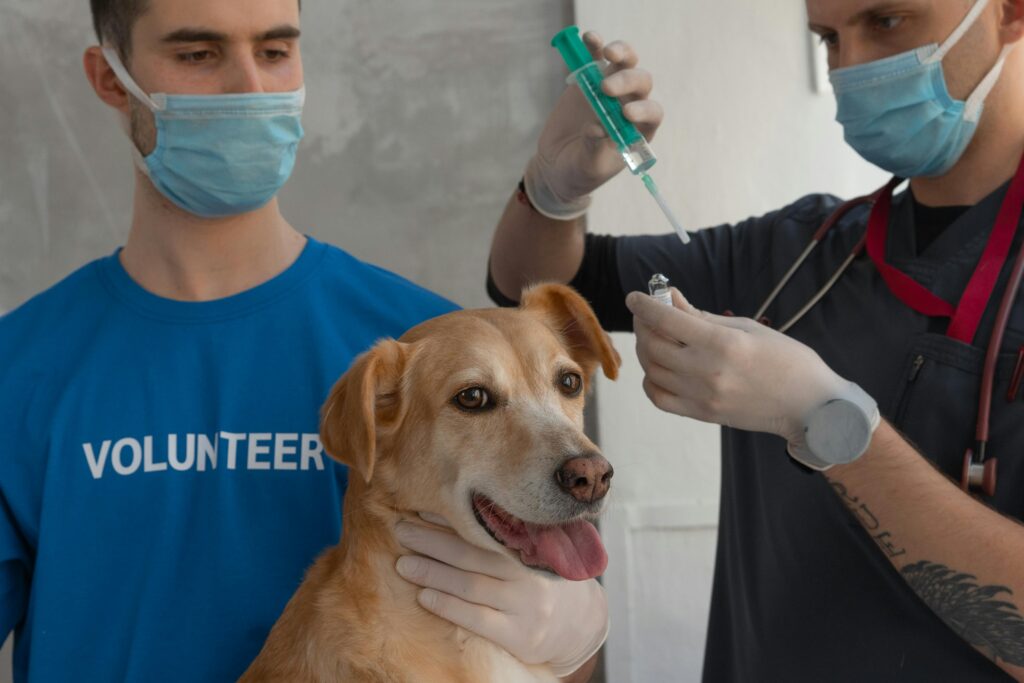
Bringing home a new puppy is an exciting and joyful experience, but it also comes with challenges. Training your puppy early helps build good behavior, strengthen your bond, and ensure a smooth transition into your home. For first-time dog owners, understanding the basics of puppy training is the key to raising a well-behaved and confident pet.
Start Training Early
Puppies learn quickly during their first few months, so it’s best to begin training as soon as they arrive home. Focus on simple commands and routines like sitting, staying, and potty training. Early lessons help your puppy understand what’s expected and reduce unwanted behaviors later on.
Use Positive Reinforcement
Positive reinforcement is one of the most effective training methods. Reward your puppy with treats, praise, or gentle petting when they follow commands or behave well. Avoid punishment or shouting, as it can create fear and confusion. Consistency and encouragement will help your puppy associate good behavior with rewards.
Teach Basic Commands
Every puppy should learn a few essential commands to ensure safety and obedience:
- Sit: Helps control excitement and teaches discipline.
- Stay: Keeps your puppy from running into unsafe areas.
- Come: Essential for recall when off-leash.
- Leave It: Prevents your puppy from picking up harmful objects.
Short, daily training sessions are best, as puppies have limited attention spans.
Potty Training Made Simple
Consistency is crucial when housebreaking a puppy. Take your puppy outside first thing in the morning, after meals, and before bedtime. Praise them immediately after they go to the right spot. Accidents will happen, but remain patient and avoid punishment. Over time, your puppy will understand where it’s appropriate to relieve themselves.
Socialize Your Puppy Early
Socialization is an important part of training. Expose your puppy to different environments, people, and other animals. This helps them grow into a confident and friendly adult dog. Start with controlled environments like parks, pet stores, or calm neighborhoods. Always ensure your puppy is fully vaccinated before meeting other dogs.
Establish a Routine
Puppies thrive on structure. Set regular times for meals, walks, play, and training. A consistent routine helps your puppy feel secure and understand what to expect each day. This stability reduces anxiety and makes training easier.
Handle Biting and Chewing
Puppies explore the world with their mouths, which often leads to biting or chewing. Redirect your puppy’s attention to chew toys instead of hands or furniture. When they bite too hard during play, make a firm “no” sound and stop playing for a moment. This teaches them that biting ends fun time.
Crate Training for Comfort and Safety
A crate can be a valuable tool for house training and providing a safe resting space. Make the crate cozy with soft bedding and toys, but never use it as punishment. Puppies should see their crate as a comfortable den where they can relax.
Be Patient and Consistent
Training takes time, and every puppy learns at a different pace. Stay calm, repeat lessons, and celebrate progress. Consistency from all family members is vital—everyone should follow the same rules and use the same commands to avoid confusion.
Final Thoughts
The best puppy training tips for first-time dog owners focus on patience, love, and consistency. With positive reinforcement, socialization, and a structured routine, your puppy will grow into a well-behaved and happy companion. Remember, training isn’t just about teaching commands—it’s about building trust and a lifelong bond with your furry friend. PetsDogPuppy


